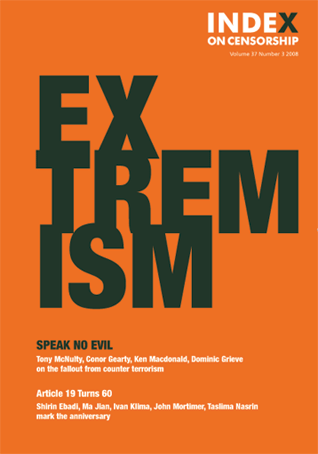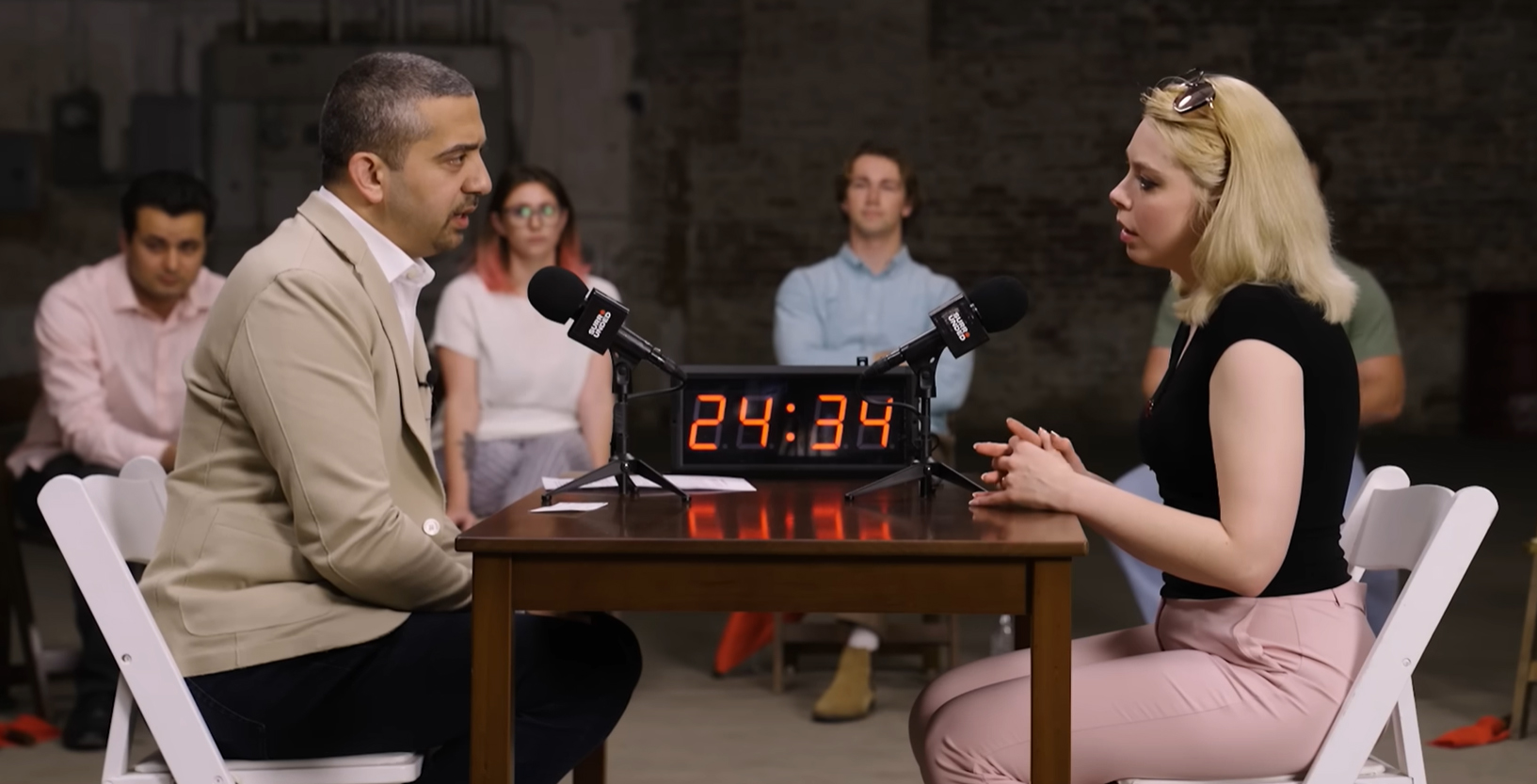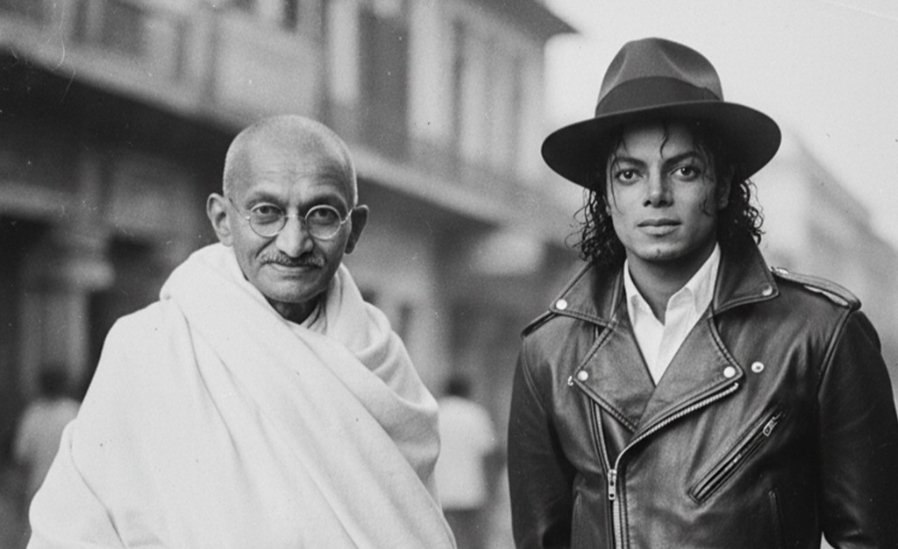
This article is part of the summer 2008 issue of the global quarterly Index on Censorship magazine. Click here to subscribe to the magazine.
In conjunction with the Cambridge Festival of Ideas 2015, we will be publishing a series of articles that complement many of the upcoming debates and discussions. We are offering these articles from Index on Censorship magazine for free (normally they are held within our paid-for archive) as part of our partnership with the festival. Below is an article by author Conor Gearty, on politics and extremism, taken from the summer 2008 magazine. It’s a great starting point for those who plan to attend the Can writers and artists ever be terrorists? session at the festival this year.
Index on Censorship is a global quarterly magazine with reporters and contributing editors around the world. Founded in 1972, it promotes and defends the right to freedom of expression.
I object to the ‘age of terror’ title. My anxiety about this is that it is already putting people like me at a disadvantage. I am forced to work within an assumption, which is shared by all normal, sensible people, that we live in ‘an age of terror’. Therefore the point of view that I am about to put – about the total appropriateness of the criminal law; about the relative security in which we live; about the fact of our being pretty secure in comparison with many previous generations – is deemed to be sort of eccentric, if not obstructive. This language has made impossible my victory in the competition for common sense. So I concede we live in a certain age, with misgivings, but I want to call it an age of counter terror. We live in an age during which it has suited certain elements within the culture to talk up, and reflect in law, a concern with a type of criminal violence that warrants legal form in the shape of counter-terrorism laws.
If you are still concerned about the ‘age of terror’, have a look at the FBI’s compendious analysis of terrorism 2000 to 2005 in the United States. You will find references to the occasional environmental activist who has attacked a tractor; you will find detailed analysis of the very occasional intrusion into animal experiment laboratories by this or that criminal tendency committed to the safeguarding of animals; you will find, in other words, a tremendous amount of space devoted to very little. You will find an organisation that is trying to supply an empirical basis for something without very much conviction. That’s why, frankly, the minister of security [Tony McNulty] says [when I asked if there’s empirical evidence for the decision to increase the length of detention without charge to 42 days]: ‘Honestly, no, I won’t provide an empirical basis,’ rather than attempt, in an increasingly embarrassing way, to deliver one.
This ‘age of terror’ depends on a hypothesis about the future, not about the facts of the present, and it is this that makes it so dangerous. The moment you are manoeuvred into a position where you are forced to debate somebody about civil liberties or human rights on certain imprecise assumptions about the future, which have to be taken on trust, then that is the moment when you have lost the debate. So I am extremely anxious about this.
Now moving on to the substance, the second of the terms we have here in this conference title: ‘free speech’. Well, it’s clear, and the minister reminded us, though I thought he took a reckless point because he said, ‘It would be quite wrong to shout ‘‘fire’’, here.’ Well, the usual, conventional example is that it would be wrong to shout fire in a crowded cinema, of course. And we have to tell the students this (and very few teachers do) – unless, that is, there is a fire! You have this real concern that a lot of students who studied constitutional law go to cinemas and there is a very small fire breaking out and they’re thinking to themselves, ‘Oh my God, but didn’t my professor say ‘‘don’t shout fire?’’ ‘ So a little knowledge can be a very dangerous thing. So I felt like intervening with the minister, but as he said himself, his answers were nearly as long as my questions – so I couldn’t.
Of course there has been control on speech in democratic society, but we are not that interested in that today; we are interested in a different kind of thing about which there is also an extremely long record – control on political speech in a democracy. Now, it is completely wrong to think of democratic countries as not having control on political speech. It has been ever thus. Most recently, and controversially, there are debates about race hate and religious hate, and those are the most obvious recent examples of controls on speech that emanate out of a democratic culture.
An obvious one, which reminds us that so much of this depends on context, is Holocaust denial. The president of Rwanda, Paul Kagame, spoke at the centre I direct, the Centre for the Study of Human Rights at the London School of Economics. It was a fairly controversial speech, and he got asked about his controls on the press, and in particular about new laws concerning the control of genocide denial. Of course it was asked by an American student for whom this sort of control is often anathema. His answer was: ‘They seem to have it in Switzerland and it does not cause any trouble; in Germany it does not cause any trouble; and it is not going cause any trouble in my country – because we need it.’ In other words, what the president was saying was that democratic cultures make judgments about what is necessary in their own culture and that this drives a great deal of control, not only of speech, simpliciter, but of political speech as well.
Now, in this country, when we talk about controls on extremism, I would say, we are talking about controls on political points of view that are put without any linkage to violence. That too has been a recurring theme in this society, in the entire democratic era. You might say the democratic era starts in 1929 or in 1919. It could even begin, if you had forgotten about the working class, in 1832. But since its inception, we have had control on political speech – and not just during both wars when it was severe. (In the Second World War, parenthetically, Churchill had to order a review of the magistrates’ cases in which anxious judges were throwing people in jail for causing despondency among the public. There was a fantastic debate in the House of Commons, where Churchill, as prime minister, said something along the lines of: ‘We are fighting for freedom, civil liberties and the rule of law, these magistrates have over interpreted the laws we passed, we have to stop them.’) Apart from the wars, in the 1920s, people of the Communist Party here were convicted of sedition. Their conviction was really of membership to the Communist Party, but sedition was the legal form. In 1934, an Act of Parliament was passed called the Incitement to Disaffection Act, which criminalised attempts to persuade the army of the rightness of the socialist cause. In the 1950s and in the 1960s there were political prosecutions under the official secrets legislation that was designed to tackle extremism – which then took the form of radical-left political speech. We have had it in the entire democratic era – so what’s new?
I’ll come to what’s new about the so-called ‘age of terror’, through the so-called terrorism problem – which was of course originally the Irish problem. There have been some references here to this, this afternoon. Memories seem to be extremely short. The legislation was mentioned in the Q&A with the minister. Throughout the problem of political violence in Northern Ireland, there were frequent examples of journalists being at the foreground of efforts by government to attack the peaceful purveyors of political points of view – and in particular to attack the messengers who covered incidents which were of concern to the government. In 1979, for example, Newsnight was compelled by pressure not to broadcast film it had of an IRA action in Carrickmore. In regards the attack on members of the British Army in West Belfast, there were orders that required the media to return its filming of those events, with a view to facilitating prosecution. There was an ABC news crew, which was headed by Pierre Salinger, which was arrested in Northern Ireland. There were frequent controls on the press. There was, it is said, the punishment of Thames TV, through the non- renewal of its franchise – I don’t know if it is the case – for having the temerity to broadcast Death on the Rock, a report that exposed the events in Gibraltar that led to the death of three members of the IRA. There was, above all, the media ban in 1988. A ban not only, as would have been claimed at the time, of IRA members, who were already prevented from appearing on television or radio as a result of proscription introduced in this country in 1974, but of persons who shared the political objectives of the Provisional IRA.
Now this is the point about chill, which is relevant: with the media ban in place, Mr McNulty, or the equivalent of the day, naturally says ‘We do not intend to destroy free speech; we are sending out signals of support for freedom.’ The reality is, however, that news editors, nervous members of the university computer department, radio talk shows and producers are not scrutinising the media ban, they’re not looking at the Internet – they are thinking there is a law that stops me doing ‘this’, but they are vague and anxious about what the ‘this’ is that they refuse to do. It is back to the magistrates during the Second World War. It is the broadcasting of a pop song, by the Pogues for example; it is the refusal to have an interview with persons pushing for the point of view that the Birmingham Six and Guildford Four have not been lawfully imprisoned because their convictions are unsafe and unsatisfactory. The ‘this’ is actually not the violent extremists being prohibited; the ‘this’ are the people on the wider periphery of the same mission, who find that their ability to enter into the public arena for discussion and debate is being undermined by the drive from within government to address so-called extremism.
Now, the United States is very well versed in this – the country with a strong supposed commitment to free speech that has forced out of existence leftist opinion within the country – so it is not all about law. In the United States, it is called the chill factor. And what we learn from the past – moving now to the contemporary, so-called ‘war on terror’ – is the danger of the chill factor, the danger of fear driving a liberal culture onto the defensive and making normal the repression that flows out of that fear. We had the surfacing of an extreme example when, in the immediate aftermath of the 7 July bombings, the government formed the view that it would be important to prevent the celebration of terrorism actions. You may remember in what is now the Terrorism Act 2006, Section 1, there was a brief period when there was a Terrorism Bill which had the plan of having a schedule of things you could celebrate and a schedule of things you couldn’t. So, if you rather fancied celebrating Cromwell for having chopped off the head of a King, that was okay. There was a period where it looked as though you could celebrate the 1916 Easter Rising, but you couldn’t celebrate anything to do with Islam. You couldn’t celebrate the removal of the Shah of Iran, for example, because it is about power – and the powerful are able to determine what they can celebrate and what they cannot. Now, this was removed, because debate exposed it as absurd, but the ‘power’ point remains.
The powerful have erected their current position usually off the backs of violence – not necessarily their own violence, but the violence of their predecessors – and they can celebrate that violence without fear, because they have the power to control the system. But those who have no power in the culture, those who critique the effect of the exercise of power on them, their rival stories of resistance to oppression, of colonial liberation, are condemned as the celebration of terrorism.
Now, finally, what’s different about this current age of terror, the extremism of today? Well, the IRA problem was one that produced in the end a solution; and it was always understood that there was the possibility of a solution. My real concern about this stuff, about the age of terror, is not the word ‘terror’ but the word ‘age’. It is a new situation from which we cannot remove ourselves. It requires no enemy. If you haven’t recently read George Orwell’s 1984, go back to it and read bits of it with this in mind. The unknown enemy who cannot be named, much less found, who never appears to fight back. We know, yes, there are 16 or 17 terrorist plots in the UK or 20 or 22 we are sometimes told, we don’t know whether it is the same number as last year or whether this has changed. Now, I can’t question the Secret Service’s briefings. For all I know these plots do exist. But there is a driven quality to this – a drive for a re- organisation of our culture, away from the commitment of liberal values and in the direction of the commitment of security, which I think is quite important.
One of the reasons why the 42-day detention period matters so much to me, is because opposition to it is a very strong signal that law should not be made on the basis of undisclosed fears about an uncertain future. And it is a blank cheque to the powerful – to push through everything that they desire off the back of that. I wonder what you thought about Mr McNulty’s response about his proposed objections to an extension to 90-days detention in three years, when a Conservative strongman of some sort or other is home secretary and there is a further push for yet more law? How can Labour oppose such a law? The culture will have shifted, with both of our main parties now in favour of extreme legislation on the basis of future threat. We will have lost something important, something liberal, in our political community.
I know that I haven’t dealt with law, which is also in the title, but it is on this point about the culture that I want to end. Do not look to law to dig you out of this hole if you believe in free speech, if you believe in a democratic culture that involves freedom for the powerless as well as for the powerful. Law usually sides with the powerful; law has always done so in this country, apart from one or two occasions, which are then paraded as evidence of the truth. Exceptions do not make rules; exceptions show the existence of the rules. In the 1930s, all the executive and police repression was upheld; in the 1950s, 1960s and 1970s as well; the media ban was upheld in the House of Lords in the late 1980s. The stop and search powers in Section 44 of the Terrorism Act 2000, which the minister acknowledges are being used too broadly, have been upheld by the House of Lords, in a recent case, Gillan v the Metropolitan Police Commissioner. So don’t be misled by avuncular old men being profiled in the liberal press. There are one or two exceptions, but do not rely on law to dig you out of this hole. Rely on political action, rely on generating enough head of steam to preserve our liberal values, so that it becomes common sense – not for Mr McNulty, not for the Mr McNulty of two or three years, when he is trying to rebuild his relationship on the left, but common sense for the McNultys of today, or the Lord Goldsmiths of last year. The culture will be more secure when people, like Churchill during the war, commit to free speech when they are in power and not only when they have left office.
© Conor Gearty and Index on Censorship
Join us on 25 October at the Cambridge Festival of Ideas 2015 for Question Everything an unconventional, unwieldy and disruptive day of talks, art and ideas featuring a broad range of speakers drawn from popular culture, the arts and academia. Moderated by Index on Censorship CEO Jodie Ginsberg.
This article is part of the summer 2008 issue of the global quarterly Index on Censorship magazine, with a special report on propaganda and war. Click here to subscribe to the magazine.













